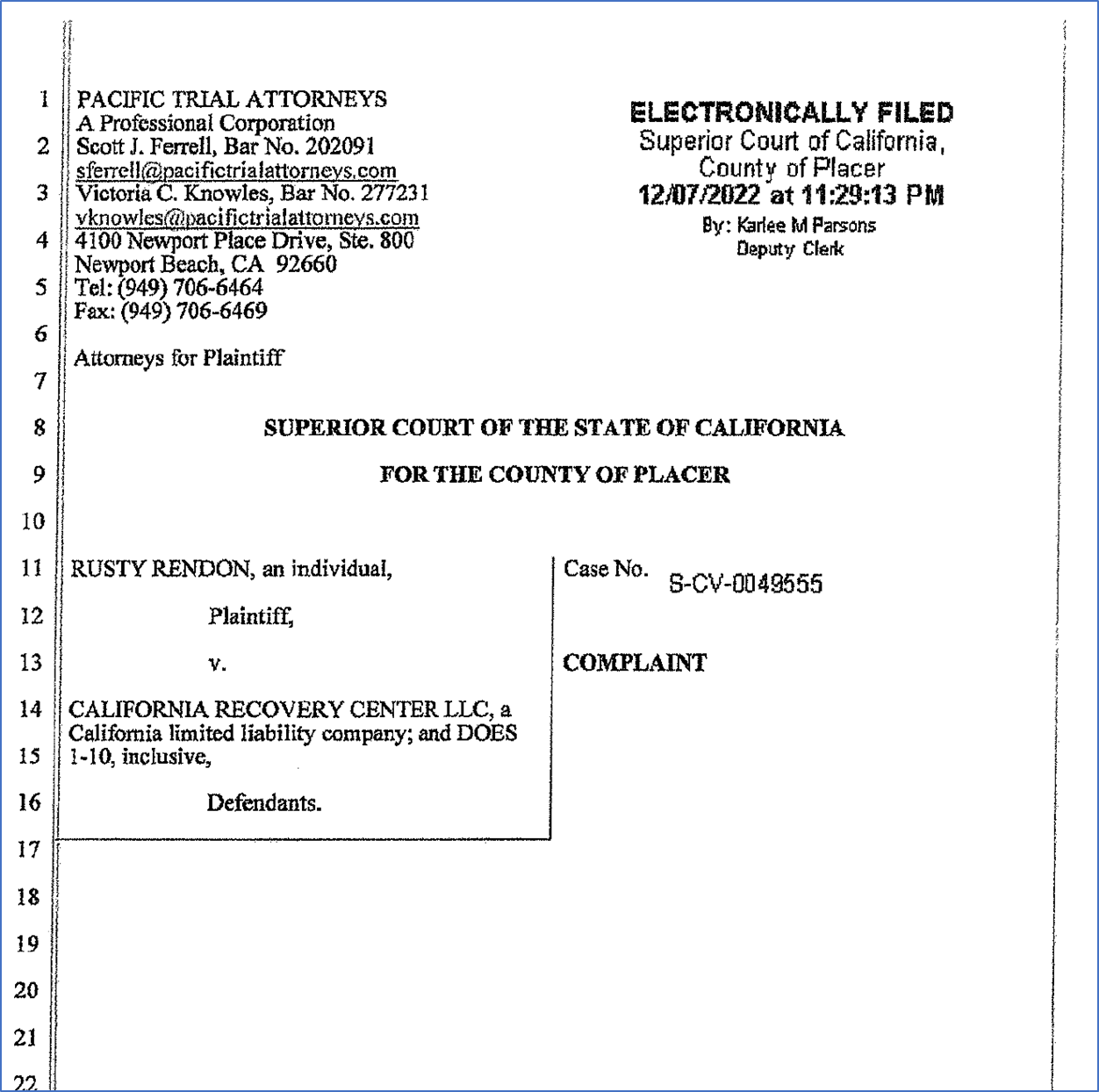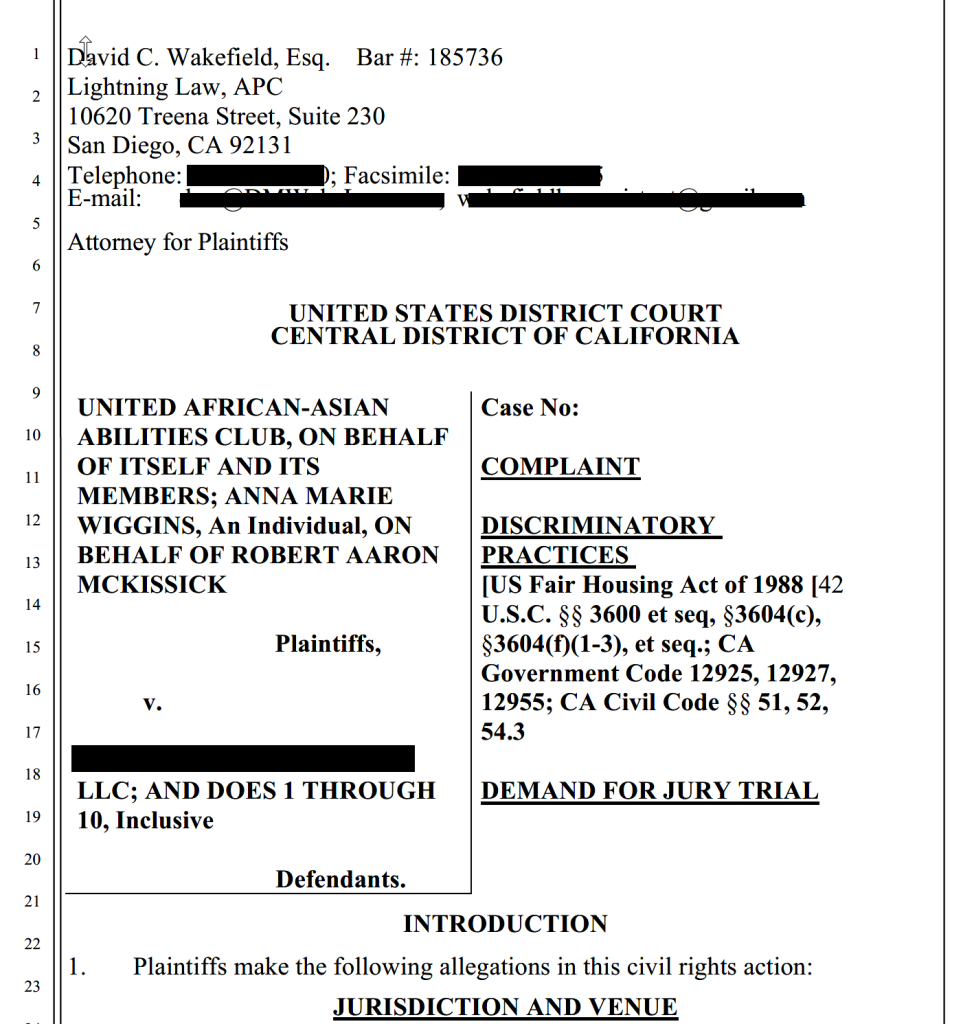In the world of online retail, strike-through pricing—displaying a higher “original” price crossed out next to a lower “sale” price—is a common marketing tactic to highlight discounts and drive sales. However, when not implemented correctly, this strategy can lead to legal claims from consumer protection law firms like Pacific Trial Attorneys, Tauler Smith LLP, and others. This article outlines practical strategies businesses can use to defend against similar lawsuits.

Understanding A Typical Lawsuit
A typical lawsuit or complaint letter centers on the plaintiff’s purchase of a given item advertised at a lower price with a higher strike-through reference price. The plaintiff will claim this reference price was not the “prevailing market price” within the three months prior to the advertisement, nor was the date when it prevailed clearly stated, rendering the discount misleading. The lawsuit seeks damages, restitution, and injunctive relief for a class of California consumers who purchased products at with inflated reference prices.
 ADA Compliance and Defense Blog
ADA Compliance and Defense Blog


 Creating an accessible website is not just good for business—it’s a legal imperative to comply with the Americans with Disabilities Act (ADA) and California Unruh Civil Rights Act. The Web Content Accessibility Guidelines (WCAG) 2.1 AA standards are widely recognized as the benchmark for website accessibility by US courts. This article outlines actionable steps to achieve compliance, explores whether an ordinary person can tackle this independently, and provides a cautionary note about software overlay tools that have become very popular.
Creating an accessible website is not just good for business—it’s a legal imperative to comply with the Americans with Disabilities Act (ADA) and California Unruh Civil Rights Act. The Web Content Accessibility Guidelines (WCAG) 2.1 AA standards are widely recognized as the benchmark for website accessibility by US courts. This article outlines actionable steps to achieve compliance, explores whether an ordinary person can tackle this independently, and provides a cautionary note about software overlay tools that have become very popular.



 Special districts are independent, governmental agencies or entities established to deliver specialized services to the community, including health, safety, and well-being. Think fire departments, sewer/water districts, and parks departments.
Special districts are independent, governmental agencies or entities established to deliver specialized services to the community, including health, safety, and well-being. Think fire departments, sewer/water districts, and parks departments.